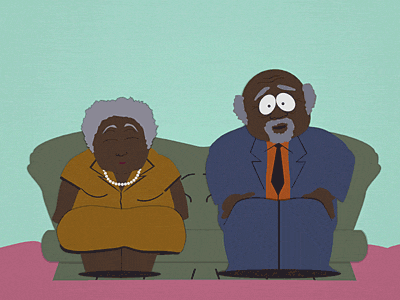The question is if this study can be extrapolated to humans, but in general, has there been any research that delivers positive proof regarding the use of elevated HGH levels in humans?
Well, it certainly depends on your definition of "positive". We know what hGH does, it is anabolic, lipolytic and helps regeneration (
probably at the cost of increased cancer risk [1]) - if this is your thing, then yes, we have a lot of positive evidence. I think [2] is the original study which started the GH "anti-aging" hype, as expected GH reversed part of the aging phenotype (positive influence on bone mass, adpiose tissue and muscle mass), but testosterone replacement or resistane training should do the same. We have thousands of accounts of AAS and hGH abuse among athletes, yes it does work.
However, I am still of the opinion (but without direct proof) that high GH levels contribute to human aging the same way they do in rodents - just slightly less. So far the data on Laron dwarfism [3] does not contradict the theory, but I guess that low GH levels offer less benefits and have more side-effects than in rodents. The GH/IGF-1 axis seems to act similar in mammals anyway [4]. Most rodents die from cancer, because they are very susceptible and even very small cancers can kill them, so a lack of GH - slowing down cancerous growth - would be expected to influence their lifespan more dramatically than in humans. Still many cenetarians have cancers at death and/or die due to cancer (and many more die probably from amyloidosis) hence it should help. Epidemiologic data seems to support the insulin/IGF-1 connection with cancer.
So medium to low GH levels might be the best for life extension purposes, avoiding Laron-like changes in phenotype, but inhibiting tissue growth. Sarcopenia, osteoporosis and thining of the skin should be treated with other interventions then the net effect of low GH levels would be positive.
EDIT: exchanged the paper by Laron for a newer one with free access
[1] Antitumorigenic actions of growth hormone-releasing hormone antagonists
Rhonda D. Kineman
http://www.pnas.org/...t/97/2/532.full[2] Effects of human growth hormone in men over 60 years old
D Rudman, AG Feller, HS Nagraj, GA Gergans, PY Lalitha, AF Goldberg, RA Schlenker, L Cohn, IW Rudman, and DE Mattson
http://content.nejm....nt/full/323/1/1[3] The GH-IGF1 axis and longevity. The paradigm of IGF1 deficiency
http://hormones.gr/p...ew.php?c_id=204[4] Growth Horm IGF Res. 2008 Dec;18(6):455-71. Epub 2008 Aug 16.
Role of the GH/IGF-1 axis in lifespan and healthspan: Lessons from animal models.
Berryman DE, Christiansen JS, Johannsson G, Thorner MO, Kopchick JJ.
Edited by kismet, 05 January 2009 - 02:21 PM.


















































